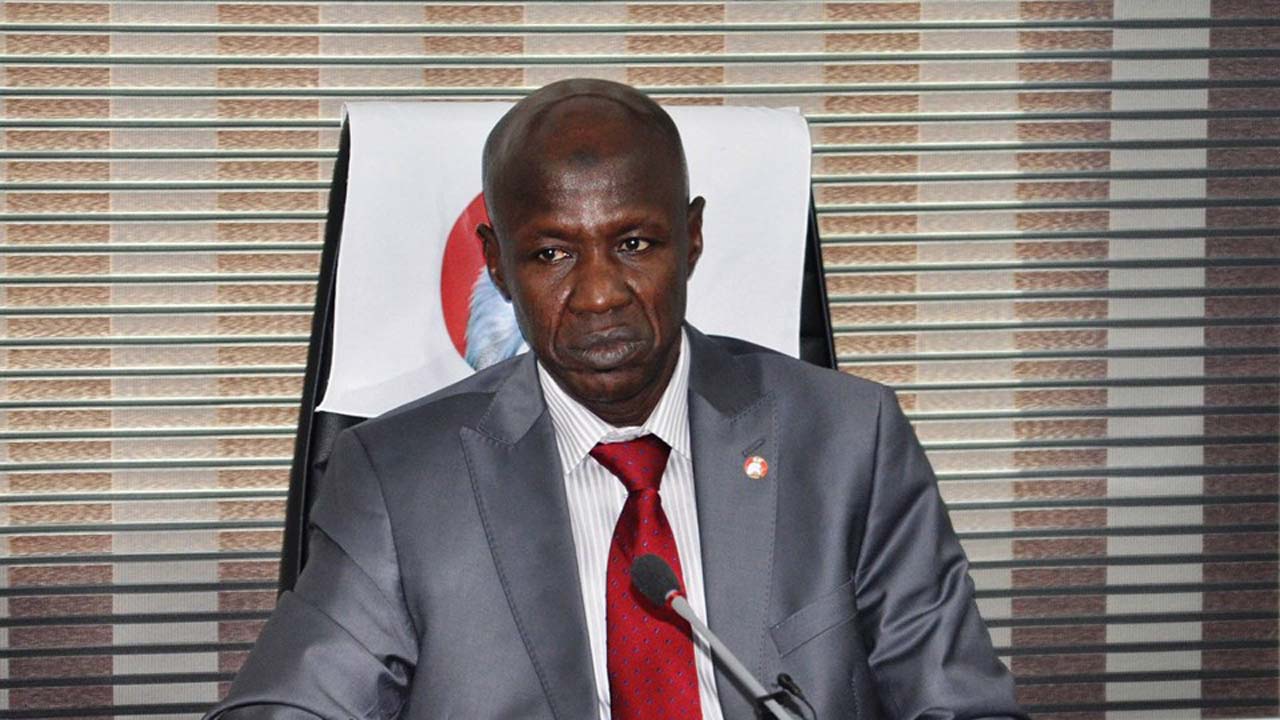The Economic and Financial Crimes Commission, EFCC, which is currently recruiting, has said only unmarried persons can apply to work in the agency.
The decision has, however, been criticised by the Nigeria Employers’ Consultative Association, an affiliate of the Nigeria Labour Congress, NLC.
In a document, which went viral, titled, ‘Recruitment of Detective Assistants, Detective Inspectors and Detective Superintendents, which is dated January 15, 2020,’ the EFCC stated that all applicants “must be single.”
For detective assistants, the EFCC stated that an applicant must not be more than 21 years old, must have Senior Secondary School Certificate and must be single; for those applying to be detective inspectors, the commission stated that an applicant must not be more than 25, must have an NCE or a National Diploma and must be single.
For detective superintendent applicants, an applicant must not be more than 27, must have a first degree, must have completed the National Youth Service Corps programme and must be single.
Incidentally, the EFCC’s sister agency, the Independent Corrupt Practices and other related offences Commission is also recruiting.
However, the ICPC did not bar married persons from applying.
The ICPC simply states on its website that applicants must be Nigerian citizens not below 18 years or above 50; must have first degree with minimum of Second Class Lower, while HND/ND holders should have minimum of lower credit.
Speaking with Punch on Thursday, January 30, 2020, the director-general of NECA, Timothy Olawale, said the EFCC’s action was in contravention of the International Labour Organisation’s conventions.
Olawale said, “The issue of inclusion is one of the problems we have in this country. We always find a way to exclude people. One of the principles of fair recruitment is fairness. What the EFCC has done is in contravention of ILO conventions.
“During recruitment, you don’t segregate any class. Even if you will apply some factors discretionally in the course of recruitment, you don’t make it public. What offence have married people committed?”







